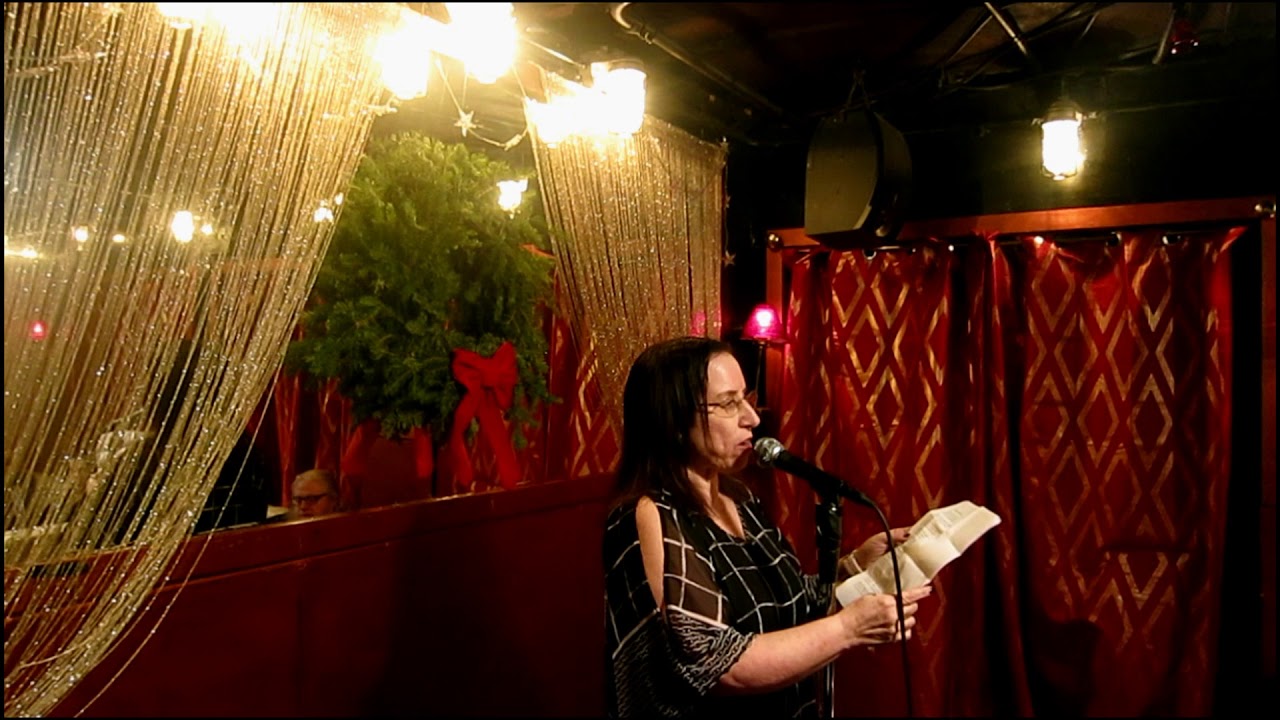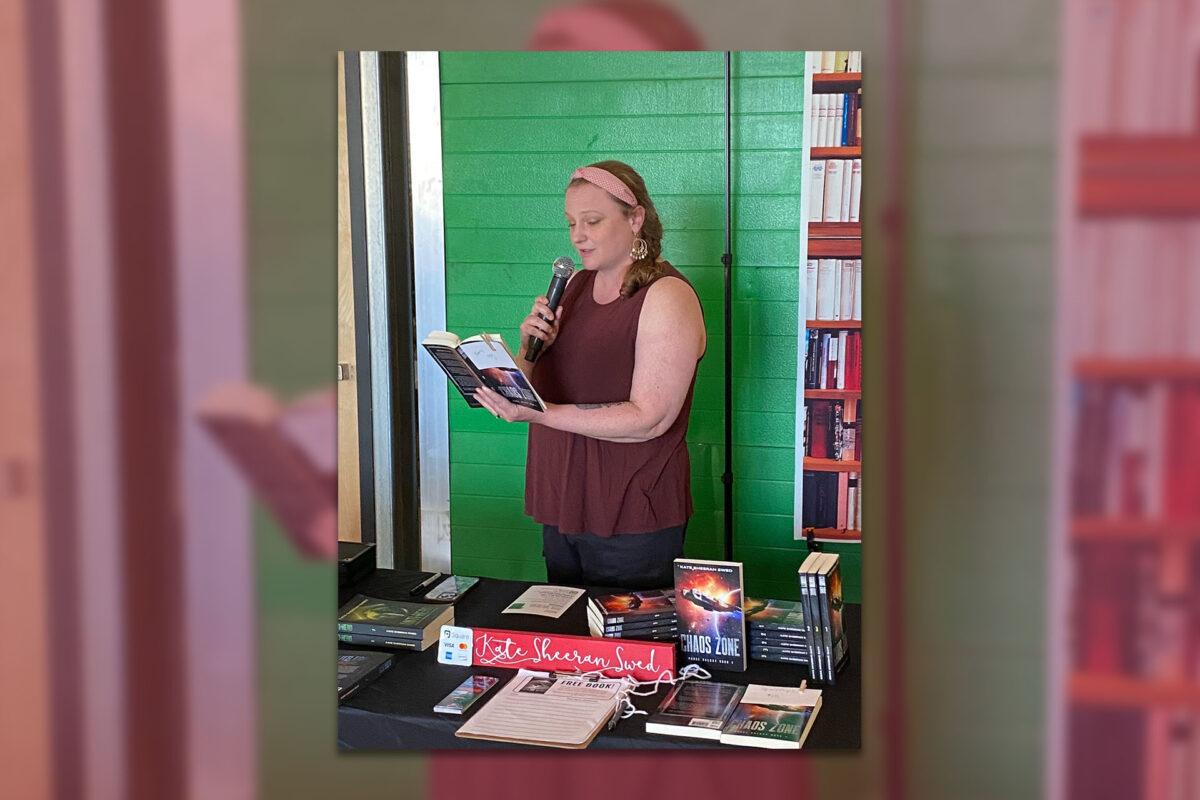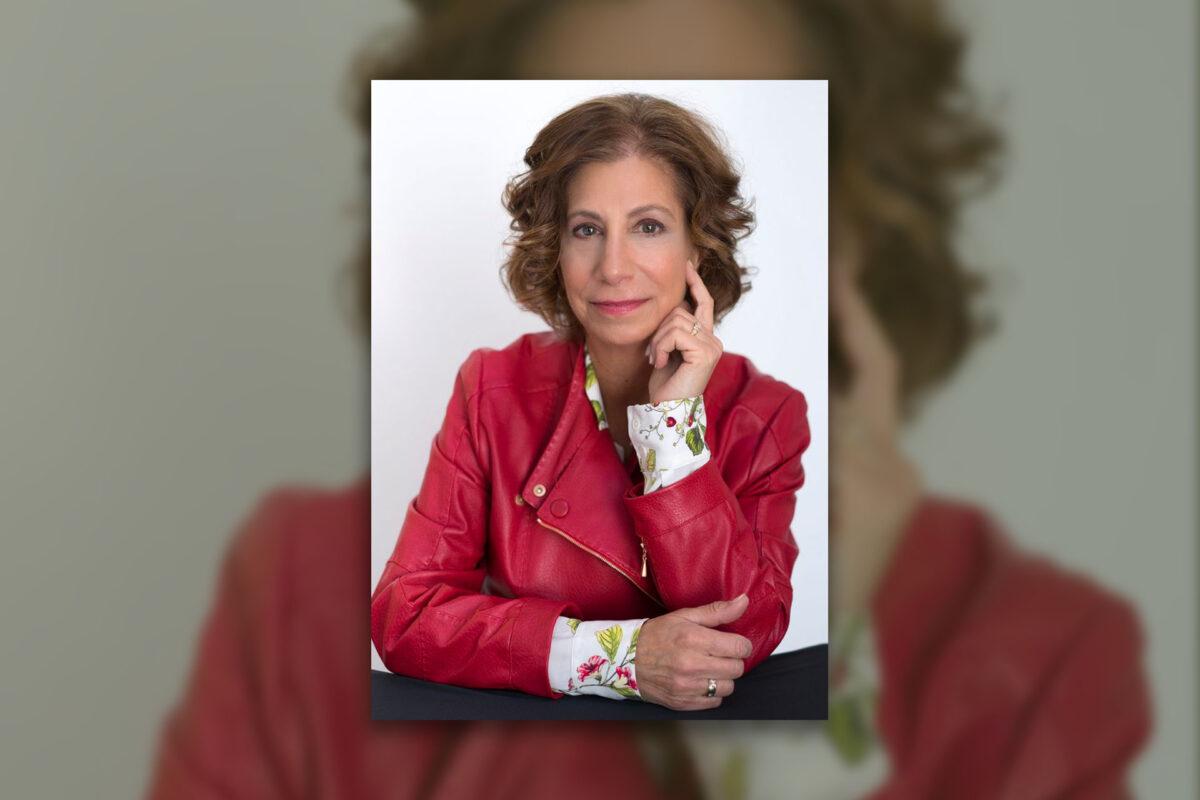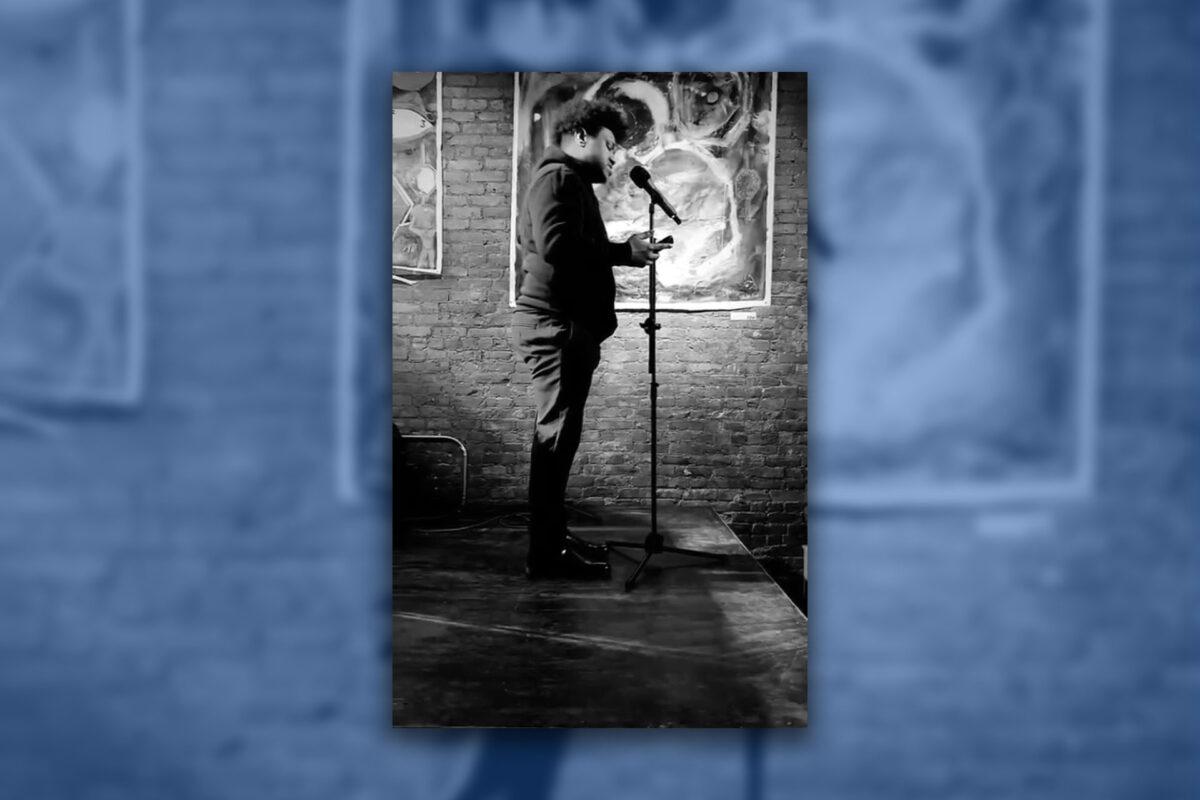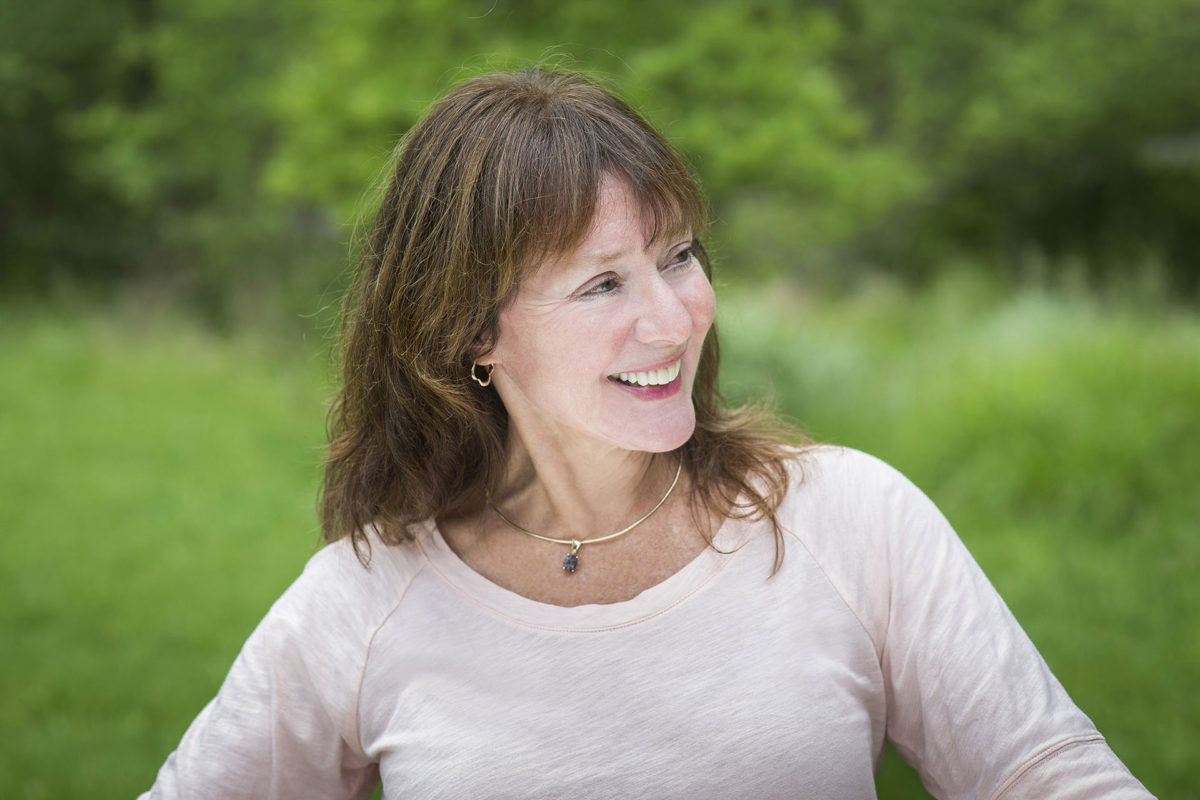Q. I just finished reading your new collection, THE THEORY OF FLESH, where you begin with a commentary on pre-historic times before moving on to the present day. Am I wrong for thinking that you did this to show how little mankind’s morals have changed over the course of our existence?
I did something similar in Café Crazy (my previous book) where I ask big universal questions and then move on to the smaller, more personal. It’s a cinematic impulse to begin with establishing shot – here we are on earth, and this is how we begin, followed by here we are now. And no, you are not wrong. I believe we are exactly like our ancestors in our basic core.
Q. In one of those pre-historic poems, “Meat,” you ask that “Next time you bite into a burger, think about the last time someone in your line carved flesh away from an animal.” I was drawn to this poem because it made me consider the distance that we put between our civilized and “savage” selves,” was this your intention? And I loved how the next poem in the book is “Guilt.”
I’m always fascinated about time and our concept of time. We think that 100 years ago is a very long time ago, and yet, now that the 20’s are upon us, that notion is shrinking as the 1920’s is still in our collective sites. So, in this poem I was very much trying to connect us to the ancestors who had to put dinner on the table, make sacrifices, find their place in the scheme of things, to us, who even with our faces buried in our phones as we dodge traffic, still have the same basic things on our minds.
Q. You tend to move from the universal to the first person in your work, which allows the reader the opportunity to do the same while experiencing your work. My favorite piece, “Bad Enough,” which was published in Trailer Park Quarterly is so raw. I think I have read that piece over fifty times now. Can you discuss this poem and its placement in the collection?
That really is my intention, to start big and general and then focus in. I am so glad you like “Bad Enough,” and appreciate that you published it in TPQ. I intended this poem to be as horrible as it could get. The subject is not easy. I just kept pushing it and pushing it as I was writing. Make it more horrible. Make it more horrible. I couldn’t really say why it was at that particular point in the manuscript except to say I knew it couldn’t be the first poem or the last. It had to be in a sort of unexpected spot.
Q. The next poem, my second favorite in the collection, “How the Car was in Neutral,” which was placed directly after “Bad Enough,” highlights the complexity of moving forward after certain life events. You move away from the first person in this piece and are very objective, which made me rethink how you are an extremely objective writer. Can you speak to this observation?
It’s interesting that this poem is your second favorite, as I wrote it around the same time as “Bad Enough.” Again, I wanted it to be a scene you couldn’t watch but couldn’t turn away from either. I think that being as objective as you can and presenting the facts (such as they are facts) is much more effective than trying to inject your author’s point of view. I learned this when I was a teacher and had to call a parent to tell them his/her child had cursed at me. Rather than act all indignant, I would simply say in a very understated voice, “yes, your son/daughter told me to go fuck myself.” The parent would audibly gasp every single time. So, yes, I do try to be objective in that sense.
Q. This is your fifth collection of poems, can you discuss any insight that was tapped into from your previous experiences of putting together poetry manuscripts that you feel helped to define this particular body of work?
One thing about this book is that it’s divided into sections, and I’ve never done that before. This allowed for a then, now, later feel to it. In Café Crazy, I had the 14 or so Charley poems to scatter throughout the manuscript. This was an ongoing story of Charley that kept popping up periodically. I did that to reflect the feel that no matter what, Charley kept showing up in my thoughts. In Theory of Flesh, I didn’t have a recurring story, But I did have poems about prehistory, things I notice about now, and things I think about the future, so I approached it that way. Of course, I put in poems that weren’t strictly on theme, but it was a basic organizational strategy.
Q. You also write fiction, do you work on both genres simultaneously? What is your process?
I do enjoy both genres, but I think they are two very different voices in my head. Poetry may or may not have characters and a narrative. Fiction always does. In a poem, I’m usually writing as myself, even though it might not be true. Of course, with poems such as “Bad Enough,” I’m obviously (I hope) not writing about my own life. However, mostly in a poem, I am still owning the voice. In fiction, the first person is never me. It’s a character me. My process is always that I decide first which genre I’m going to write in. I might say, okay, I’m going to write a poem and then I do that. I never have had the experience where I am halfway through a poem and decide it would be a better flash. The two actually never meet other than using poetic elements in my fiction and fictional (or storytelling) elements in my poetry. And I don’t usually have more than one thing going on at a time.
Q. How does your experience as an editor inform you as a writer?
When you read other writers’ work in consideration for publication, you get a sense of how to be more concise. Also, it helps me understand how an editor might look at my submissions. It’s not nearly as personal as we imagine it is. Editing also gives you a good eye for what the writer could have left out, or for line breaks in poetry, that kind of thing.
Q. What new projects are you working on?
Right now, I have three new books out. An embarrassment of riches, but one I’ve been working years towards. So, for the time being, I’m working on writing and publishing poems and flash stories for journals. I’ve also been tinkering with a play based on the poem “Bad Enough.” I’m not sure I’ll go anywhere with it, but who knows? I have a tendency to start things and then not get back to them for long periods of time.
Francine Witte is the author of four poetry chapbooks and two full-length collections, Café Crazy and The Theory of Flesh from Kelsay Books. Her flash fiction has appeared in numerous journals and anthologized in the most recent New Micro (W.W. Norton) Her novella-in-flash, The Way of the Wind has just been published by Ad Hoc Fiction, and her full-length collection of flash fiction, Dressed All Wrong for This was recently published by Blue Light Press. She lives in New York City.
